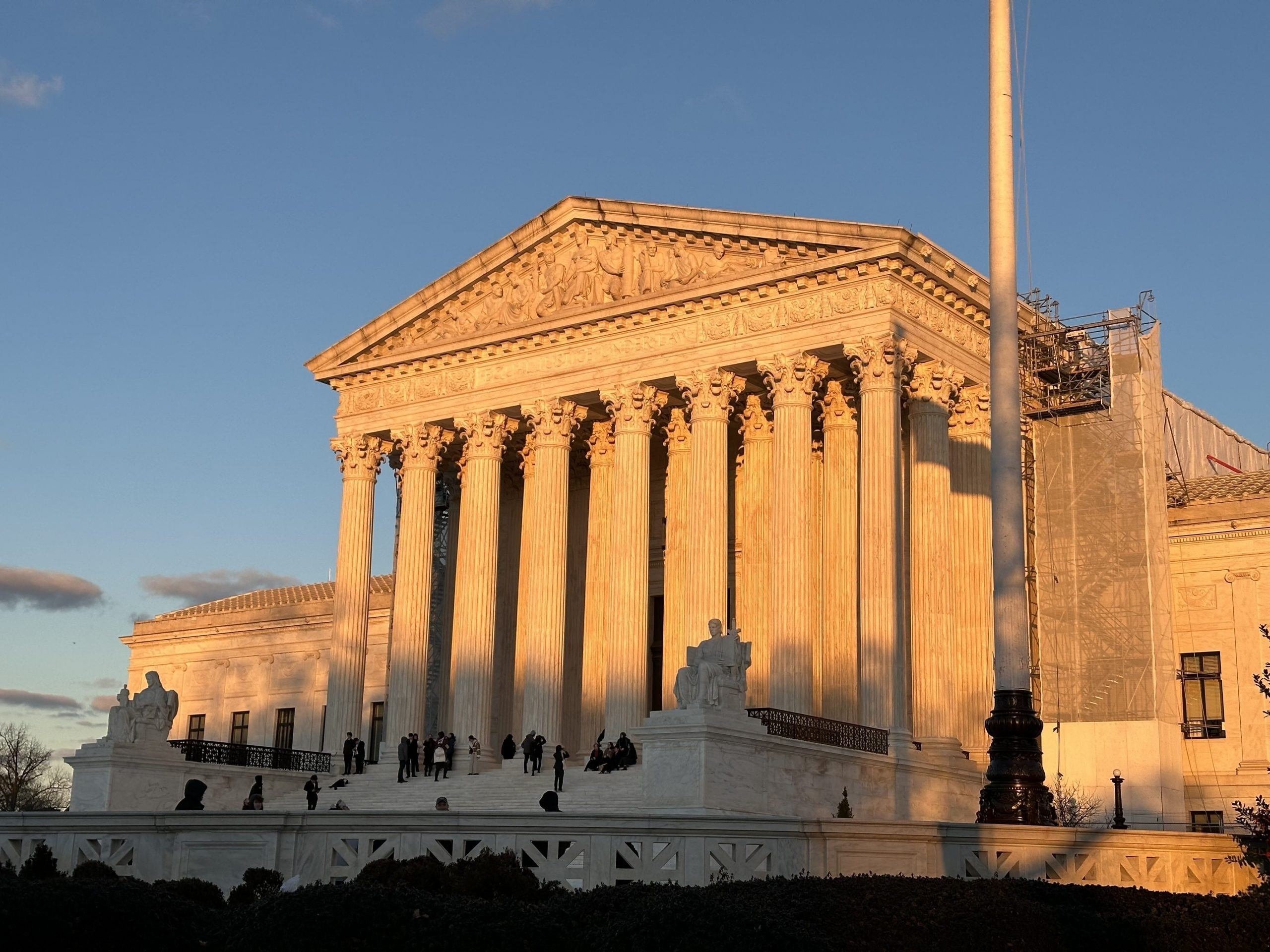The Supreme Court on Thursday evening largely left in place an order by a federal judge in Maryland directing the government to return to the United States a Maryland man who is currently being held in a maximum-security prison in El Salvador as a result of what the Trump administration concedes was an “administrative error.” In an unsigned opinion without any recorded dissents, the court turned down the Trump administration’s request to block the ruling by U.S. District Judge Paula Xinis, which Chief Judge John Roberts had temporarily paused on Monday afternoon to give the justices time to consider the government’s request.
I believe this is the crisis test all the constitutional scholars have been waiting for.
Nope. The key is the word facilitate. It doesn’t mean they have to do any specific thing. The government will send an email or two asking for him back and then just turn around and say there’s nothing else they can do.
Facilitate is the key word. The SC judge left it to the fedral judge to define what it means, taking into account impact on foreign policy.
So, it is not necessarily just an empty word.
Mistake doesn’t seem like the right word here.
Intentionally and illegally seem more correct.
100%. Notice how none of the other people’s deportations seem to have been mistakes, despite most of them also seemingly having no criminal record. The mistake was that people found out.
deleted by creator
Why not return all people in El Salvador, fuck it why not dismantle the prison… BTW I found this interesting piece of news, Trump apparently asking to have a legal Black Site. For reference, Black Sites are designated places the US gov use to remove people. Except they’re not supposed to be public…
The federal rule of procedure don’t allow such broad sweeping remedies that apply upon parties not before the courts.






